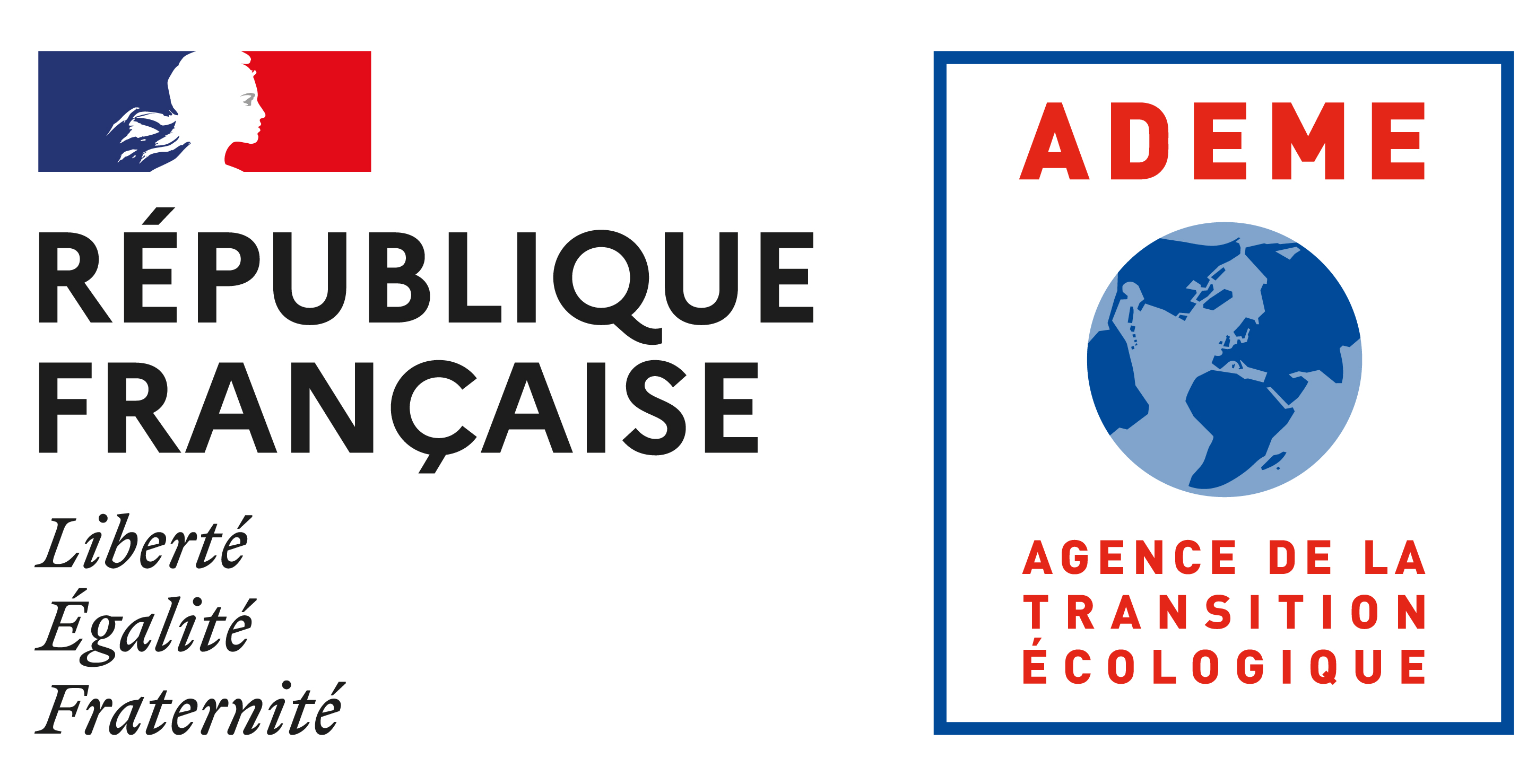Find out more about our project partners.
Our organisation
Impuls Zeeland is the regional development agency for the province of Zeeland. We stimulate Zeeland's economy by supporting innovative companies, from the development of new ideas to start-up and innovation investment and internationalisation. We work with governments, entrepreneurs and knowledge institutions to develop projects and programmes in key sectors.
Our office is located in the Knowledge Centre in Vlissingen, with a team of over 45 professionals, each with their own area of expertise. With more than 10 years of experience in project management, we help entrepreneurs build sustainable businesses.
Zeeland and tourism
Tourism and recreation are vital to Zeeland's economy, but they also pose challenges for residents, the environment and resources. We've encouraged SMEs in the tourism sector to adopt a future-proof way of thinking when managing a business. A challenging but exciting process to ensure that the sector can thrive in the long term.
Our role in the 3ST project
Impuls Zeeland is the lead partner, managing the project and handling the financial claims. We will also be a pilot area in WP2 and lead WP3 (Communication & Dissemination). In WP1 we support knowledge institutions by gathering input from local stakeholders. Our community-based approach aims to accelerate the transition to sustainability by addressing water, waste and energy issues.
Our pilot projects
- Municipality of Goes
- Municipality of Middelburg
- Municipality of Schouwen-Duiveland
- Municipality of Veere
HZ University of Applied Sciences
HZ University of Applied Sciences is a higher education institution with many different study programmes and knowledge centres. Within HZ, a wide range of tourism-related research projects are carried out. The research groups Coastal Tourism and Entrepreneurship and Innovation are involved in the 3ST project. HZ University of Applied Sciences has experience in carrying out international and EU funded research and innovation projects. Both research groups will bring their experience and knowledge to the European coastal regions. This will be done through exchange of best practices, valorisation and dissemination of monitoring results. Students will also be involved through practical research.
HZ participates in 3ST
HZ University of Applied Sciences will take the lead in the international working group for research and monitoring with the aim of sharing knowledge on destination development, stakeholder motivation and value creation models. Together with the other knowledge partners, HZ will support the project pilots in setting up an effective stakeholder learning approach using the Theory of Change (ToC). The ToC approach includes active promotion of local knowledge creation and transfer activities to validate the underlying assumptions. In this way, HZ will strengthen the change-making capacities of the local pilot partners. HZ will also build on its experience in practice-based research to find answers to the more complex knowledge gaps on sustainable tourism, the added value of collaborative value creation and related capacities and skills. Based on the Toc's of the pilots, HZ will develop and implement monitoring tools to keep track of both process & results. Finally, HZ will use its experience in transfer & valorisation & synthesise common themes & learnings at inter-regional level.
Westtoer is a public agency of the Province of West Flanders (Belgium), an expert in economic development and has its own knowledge centre specialised in tourism and economic indicators. Westtoer wants to develop a more sustainable tourism landscape by working with tourism stakeholders on a circular economy and accelerating initiatives on a circular tourism economy.
"The main objective of Westtoer's strategy is to develop regenerative tourism in West Flanders (Belgium), therefore we need to accelerate the sustainability of the tourism offer. The Interrre project 3ST gives us the opportunity to explore and test collaborative models and see how they can accelerate sustainability. We want to acquire skills to strengthen the current way of working, to make more use of the tourism ecosystem, to facilitate strong collaborations and also to teach these skills to other organisations and tourism entrepreneurs in our beautiful region".
- Project Manager Evy Van Schoorisse

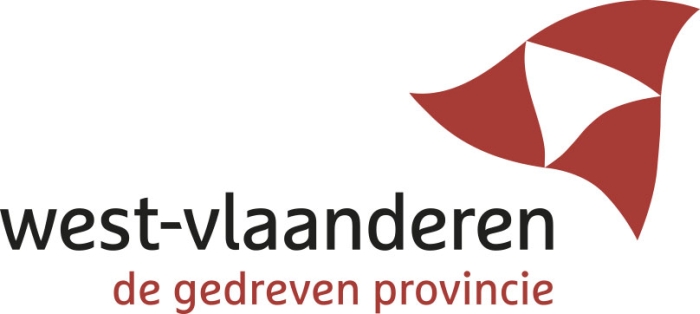
Fryslân is a province in the north of the Netherlands. Fryslân has about 659,000 inhabitants. The capital is Leeuwarden. In addition to Dutch, Frisian has the status of a national language in the province, www.fryslan.frl.
As a regional government body, the province implements policy in various areas, including tourism, leisure and circularity. The tourism and recreation sector is very important for the province of Fryslân. Not as an end in itself, but as a means to broad prosperity. Our experience lies in combining knowledge and experience of tourism and leisure, circularity, regulation and innovation. To take the necessary steps in the transition to a fully circular economy.
Our role in the 3ST project
The Province is the coordinating partner for the partnership in Fryslân. This partnership reflects the necessary components for the 3ST project. Each partner has its own specific knowledge, experience and network. The province will focus on the strategic cross-sectoral policy and legislation combined with its specific network. In Fryslân we will develop and implement three pilot projects focusing on waste, water and customer awareness.

We are determined to make our province the most circular region by 2025. Fryslân is ambitiously moving towards this goal. This means not just talking, but doing. We are working on this ambition individually and collectively. Because that is stronger.
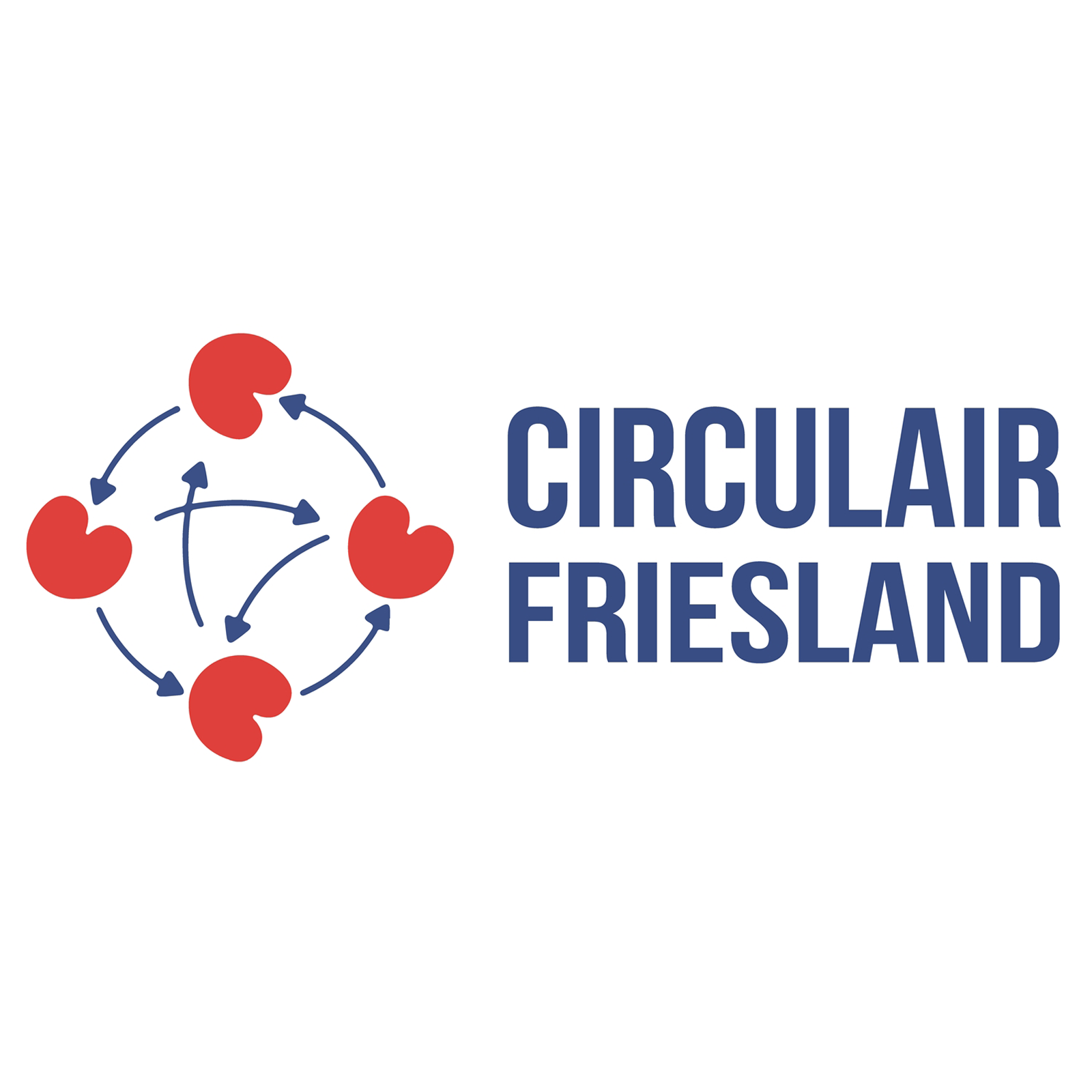
Stichting Innovatiepact Fryslân (IPF) is the economic board of Fryslân and consists of a strategic platform and an executive organisation. It is a pact where entrepreneurs, education and government strategically cooperate and implement programmes based on the Blue Delta Economic Cooperation Agenda. We know how to find and inspire each other. In Fryslân we don't wait, we work together to do the right thing. 'Self, together, do' is the motto.
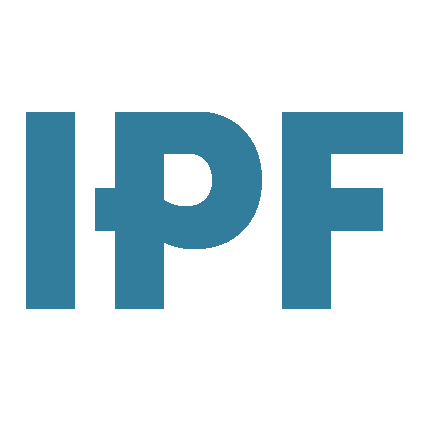
Our organisation
Destination Fyn is the Fyn-based cluster for tourism and the experience economy, as well as a strategic partnership for growth-oriented businesses willing to make investments.
The initiative is run in the form of a public-private partnership involving 10 municipalities and more than 100 cluster members comprising commercial businesses, local authorities and other public sector organisations, as well as a range of knowledge and educational institutions including the University of Southern Denmark.
Through development projects and marketing of the destination, we develop the tourism destination and industries, and attract holiday and commercial guests with the capacity to boost earnings in the tourism industry, and to generate turnover and employment on Fyn and in the Archipelago.
In all, the businesses involved in the cluster represent several thousand employees, along with the tourism value chain in the form of attractions, culture institutions, hotels and conference centres, campsites, holiday house rental agencies, marinas, carriers, restaurants and food producers, as well as providers of outdoor activities and services.
The administrative work of the Destination Fyn cluster is handled by a cluster secretariat that is a part of the Business Region Fyn (Erhvervshus Fyn) commercial development organisation. The staff of the cluster secretariat possess skills in the fields of strategic management, business development, sales and marketing, digital media, strategic market insight, communication and HR management. Added to this list is specialist insight into the prioritised markets, backed by a range of linguistic skills (Danish, English, German and Mandarin Chinese) that support the ongoing internationalisation of the cluster.
Our role in the 3ST project
Destination Fyn is a pilot partner in 3ST with focus on sustainability in tourism through strategic destination development and business development in the tourism industries.
Our pilots
Data driven sustainability development:
- Starting point in a joint vision for sustainability on Fyn: “Impressions with a positive footprint” including indicators and KPI’s.
- Strategic GDS Index collaboration with municipalities (Odense, Svendborg, Nyborg, and Middelfart)
- Sustainability barometer as a baseline measurement and benchmark
- Calculation of CO2 consumption in Funen tourism (GeoFyn)
- Development of a dynamic dashboard with measurement parameters and visual data
Sustainable business development in the tourism industry:
Through regenerative tourism methods, the focus will be on how we can involve and inspire guests and change their behavior in a more sustainable direction.
Behavioral changes in the guest:
- Behavioral design and nudging
- Focus on waste sorting
- Waste as a resource (circular - symbiosis)
Visit Skåne AB is Skåne's regional DMO (Destination Management Organisation). We coordinate and implement marketing, destination development and cross-border innovation for sustainable development in Skåne. Looking to the future and trends, we strive to achieve our vision in the roadmap "Towards 2030" for Skåne: Skåne - where tourism matters.
Visit Skåne's vision, Tourism Matters, aims to promote tourism in a holistic way that creates positive effects for the industry, society and visitors alike. To achieve this vision, we need new knowledge and methods. Through our participation in 3ST, we see an opportunity to test new methods for sustainable destination development.
We want tourism in Skåne to have a positive impact on the host region. For a sustainable tourism industry, it is essential that the entire value chain thinks and acts with the same goal in mind. The project will allow us to test and evaluate methods for sustainable destination development in practice, with community building as a key skill in this project. By participating in 3ST, we will gain access to new perspectives, practices and knowledge from other DMOs. In this new network we will be able to follow and learn from each other beyond the end of the project.

As a knowledge partner, we will ensure the dissemination of research on multi-stakeholder value creation, both as collaborative and cooperative activities to be applied by the pilot partners. We will use our expertise in mapping and analysing multi-stakeholder collaborations, networks and business models to provide Knowledge Partners with empirically-based insights into how to organise, incentivise and operate the collaborative activities necessary to achieve sustainable transition at the destination level.
With our experience in applying knowledge through direct engagement with public and private stakeholders, we will support the implementation activities of the pilot partners in developing their theory of change. In addition, with our expertise in triple bottom line assessments of the economic, environmental and social impacts of new and existing businesses, we will contribute to the project's evaluation activities.
We will contribute to the Knowledge Task Force in WP1 and lead the activities to provide the knowledge background on best and next practices in multi-stakeholder engagement and consistent delivery of value propositions, cost sharing, investments, etc. through collaborative systems. Activities will include mapping and analysing best practices of collaboration both within destination development and other sectors, which will provide valuable insights for the sustainable transition of the tourism industry. Based on the collaborative models, we will develop collaborative models to be implemented by the pilot partners and scaled beyond the project boundaries for adoption by other destinations considering sustainable transition. Finally, we will provide expertise to fill the knowledge gaps identified by the pilot partners during the development of their Theory of Change. This includes activities to support the pilot partners in their own knowledge creation.
Aalborg University has a strategic intention to engage with public and private stakeholders as well as civil society in the provision and development of knowledge to solve the world's grand challenges, which are too complex to be solved by any single stakeholder. The project will help to further strengthen this strategic agenda, while the learning from the project implementation will further enhance the University's stakeholder engagement capabilities. The project will also provide an opportunity to train the researchers involved in the project in the practical application of academic knowledge, thereby enhancing their skills in applied research.

About our organisation
Pas-de-Calais Tourisme supports regional development by organising tourism, assisting project developers and managing the training of tourism professionals. The agency promotes tourism to the public and professionals in France, the UK, Belgium and the Netherlands.
Pas-de-Calais Tourisme focuses on three key destinations:
- Grande Côte d'Opale
- Countryside & Marshes
- Around the Louvre-Lens
Our ambitions are:
- To excel in welcoming visitors and creating unforgettable experiences
- Improve support for tourism stakeholders
- Provide destination areas with complementary skills
In this way, Pas-de-Calais Tourisme enhances the attractiveness of the region and enriches the tourist offer of Hauts-de-France.
Why take part in the project?
Tourism in Pas-de-Calais has grown significantly, partly due to favourable climate trends, which are likely to continue. By 2050, the region could see an increase in average temperatures of +1 to +2°C and an increase in the number of heatwave days from 3 to 12-22 per year. The coastline is highly vulnerable to climate change impacts such as droughts, floods and storm surges. This growth provides an opportunity to develop sustainable tourism and educate visitors about climate change.
Pas-de-Calais Tourism has identified two pilot sites:
- The Grand Site de France, focusing on responsible tourism to manage visitor numbers and reduce congestion.
- The Communauté d'Agglomération des Deux Baies en Montreuillois, committed to initiatives such as sustainable tourism studies, obtaining the Territorial Food Project label, promoting walking and soft mobility, and developing climate and waste management plans.
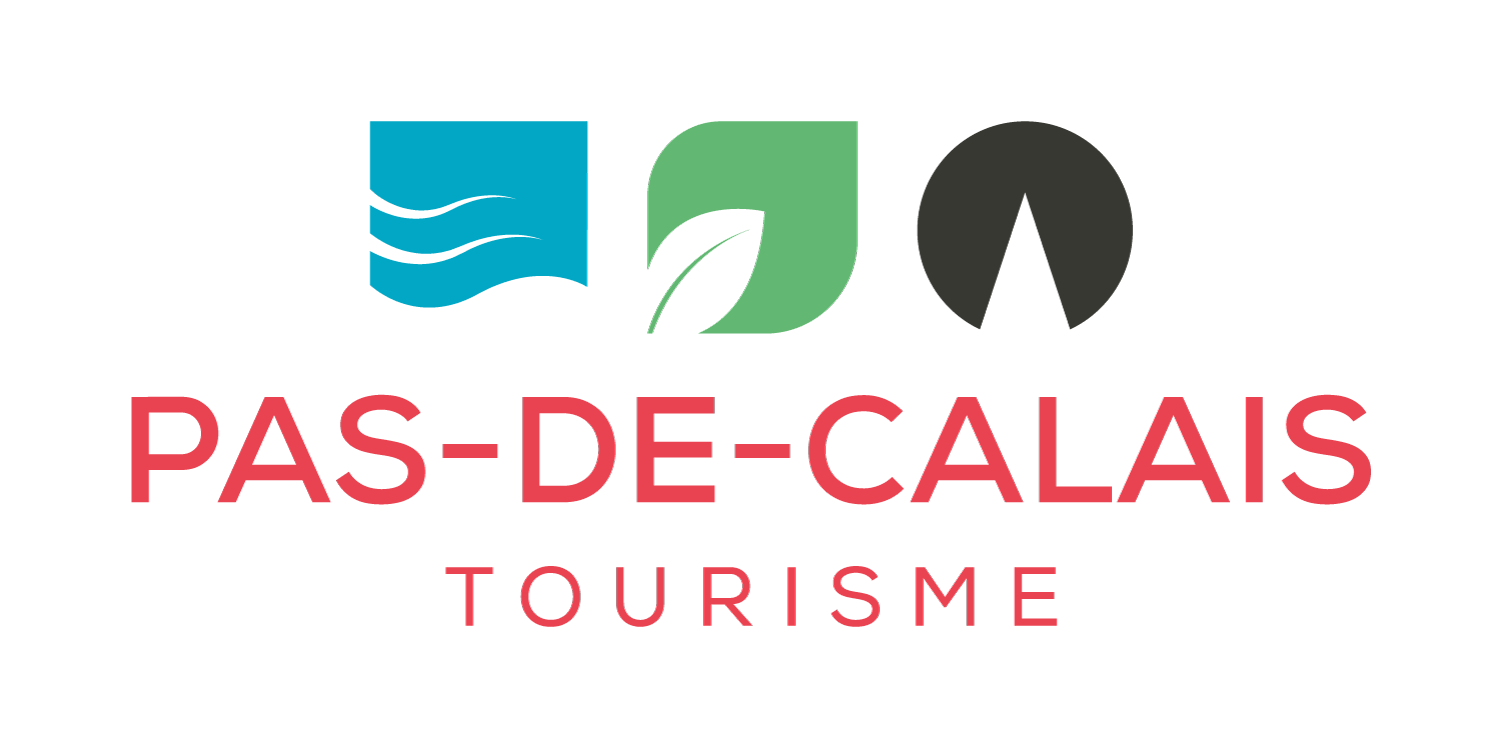
Tønder Municipality in southern Denmark is known for its picturesque landscapes and rich cultural heritage. The municipality includes charming towns such as Tønder and Møgeltønder with historic architecture and cobbled streets. With a strong emphasis on preserving local traditions, Tønder hosts various attractions, cultural events and festivals throughout the year, attracting both locals and tourists. The surrounding natural beauty, including the Wadden Sea National Park, is a UNESCO World Heritage Site and Natura 2000.
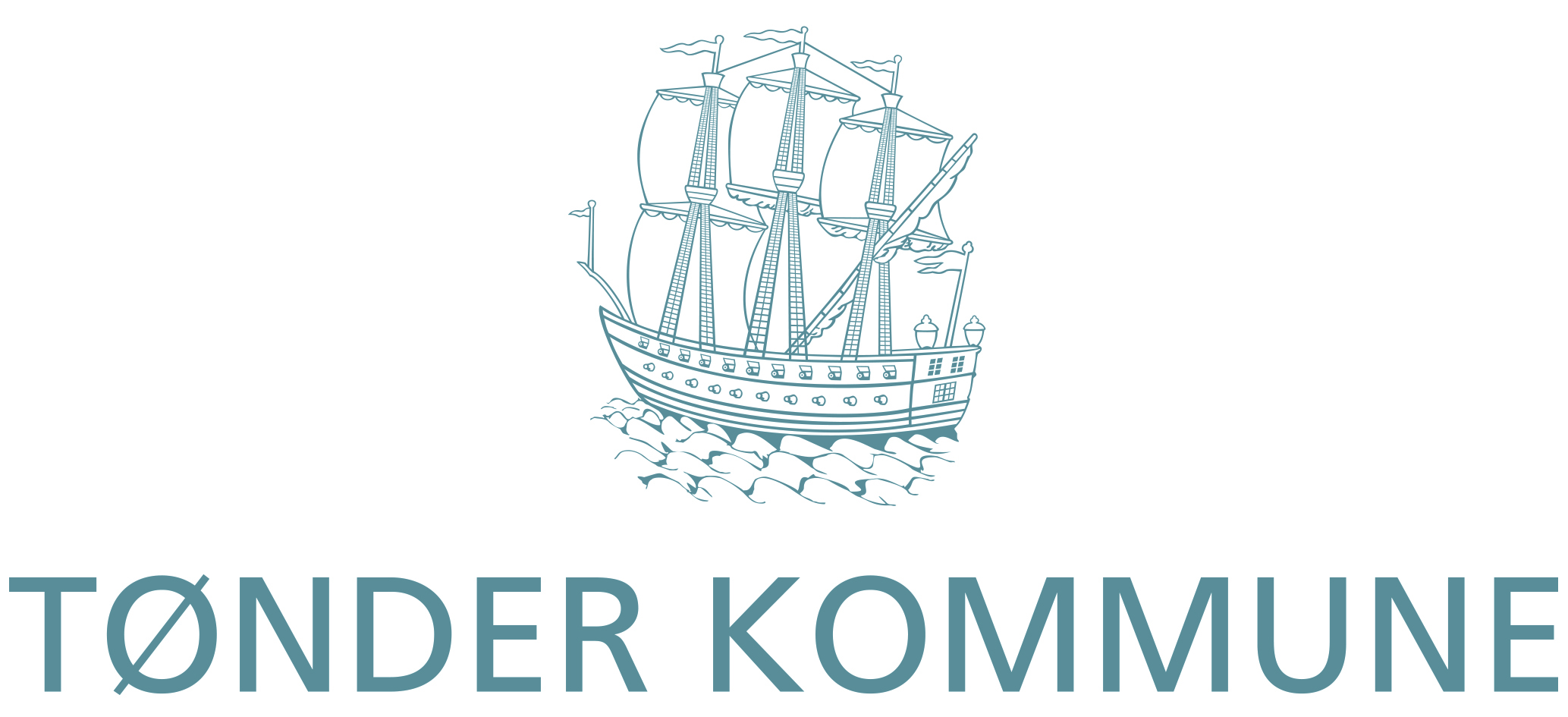
Tønder Municipality is participating in the 3ST project to continue the development initiated by the Tøndermarsk Initiative. The municipality will continue to focus on sustainable tourism development, involving businesses and other stakeholders. In addition, Tønder Municipality wishes to continue its focus on food development, recognising the significant potential based on local qualities. Similarly, the municipality aims to contribute to the sustainable development of attractions in the area, again using the inherent qualities of the place.
Vores Marsk - Tønder Erhvervsråd is a sub-partner of Tønder Municipality. Vores Marsk takes care of tasks related to food development and business development within the food and tourism sector for Tønder Municipality.
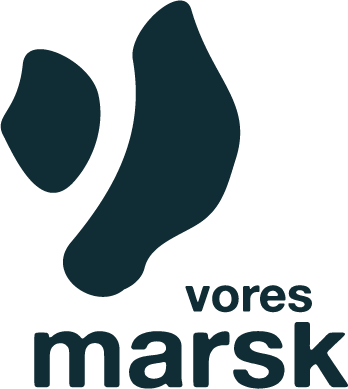
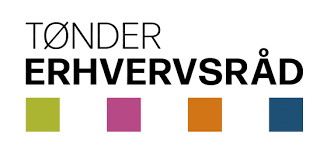
An appreciative approach must be firmly embedded at Jade College through the culture of belonging, so that all university members and affiliates feel comfortable with us and enjoy coming to campus to study and work.
Our mission defines the five core values: innovative, competent, collaborative, diverse and accessible. The mission describes the culture that we already live today and that we are committed to living together in the future. It also provides the framework for the University's development planning and specific objectives.
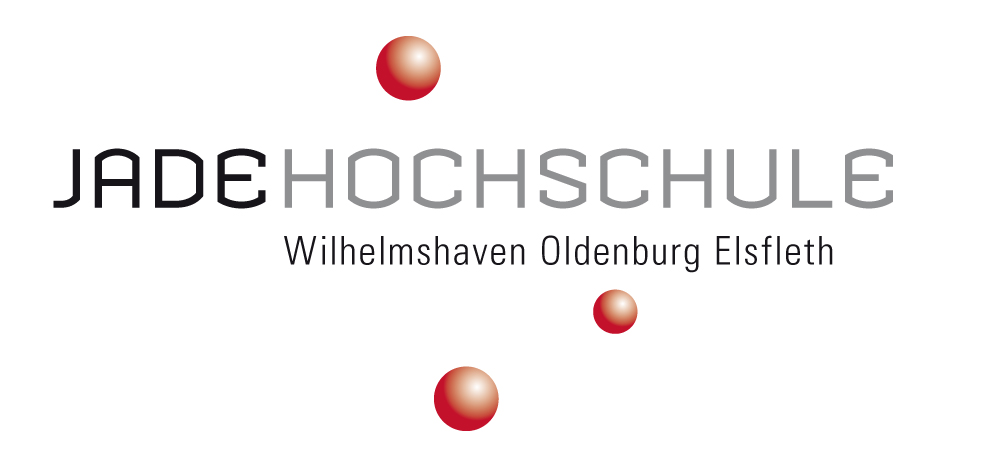
Our organisation
Under the supervision of the Ministry of Ecological Transition and other relevant ministries, ADEME plays a key role in shaping national and local policies for ecological transition. Our mission is to accelerate the transition to a sustainable, inclusive and job-creating society. We support and mobilise stakeholders, including citizens, businesses and researchers, through advice, funding, certification, guidance and training. We also stimulate innovation by advising and funding projects related to the ecological transition.
Headquartered in Angers, we have more than 1,000 employees throughout France, including regional directorates in Hauts-de-France and overseas territories.
Why is ADEME involved in 3ST?
France, the world's leading tourist destination, faces major environmental challenges, with tourism accounting for 11% of greenhouse gas emissions. To tackle this problem, ADEME Hauts-de-France developed the concept of territorial tourism ecology (ETT) during the FACET project. ETT optimises resources such as energy, water and waste through local cooperation in tourist areas, thereby increasing resilience. Participation in the 3ST project allows ADEME to implement ETT and explore new economic models, particularly in the coastal regions of Hauts-de-France.
